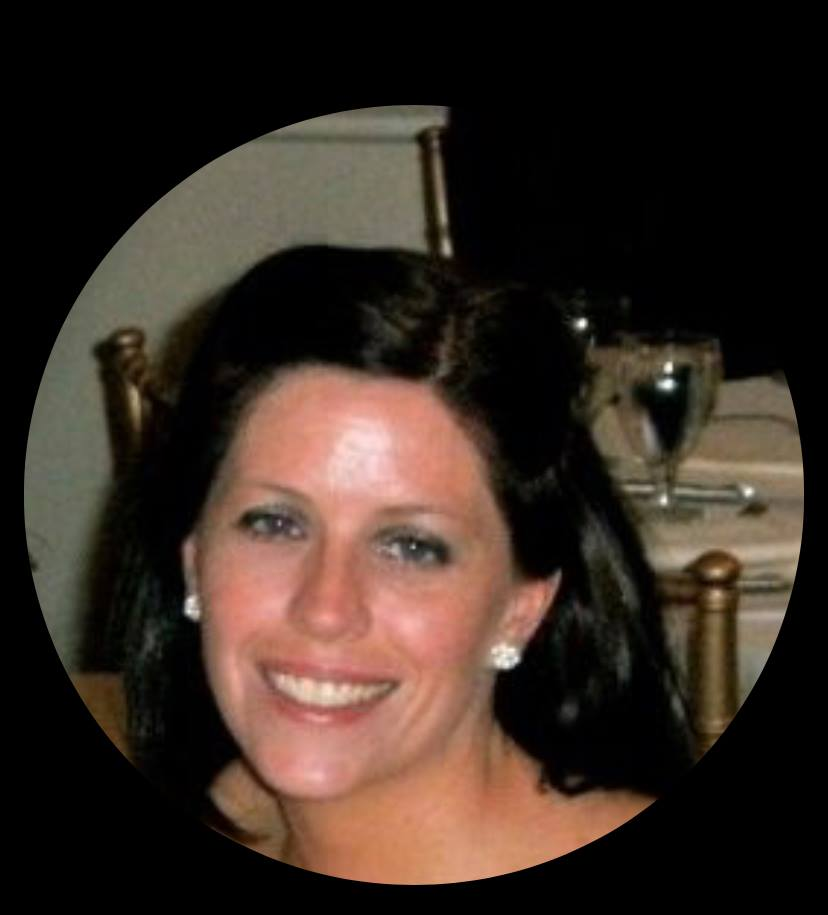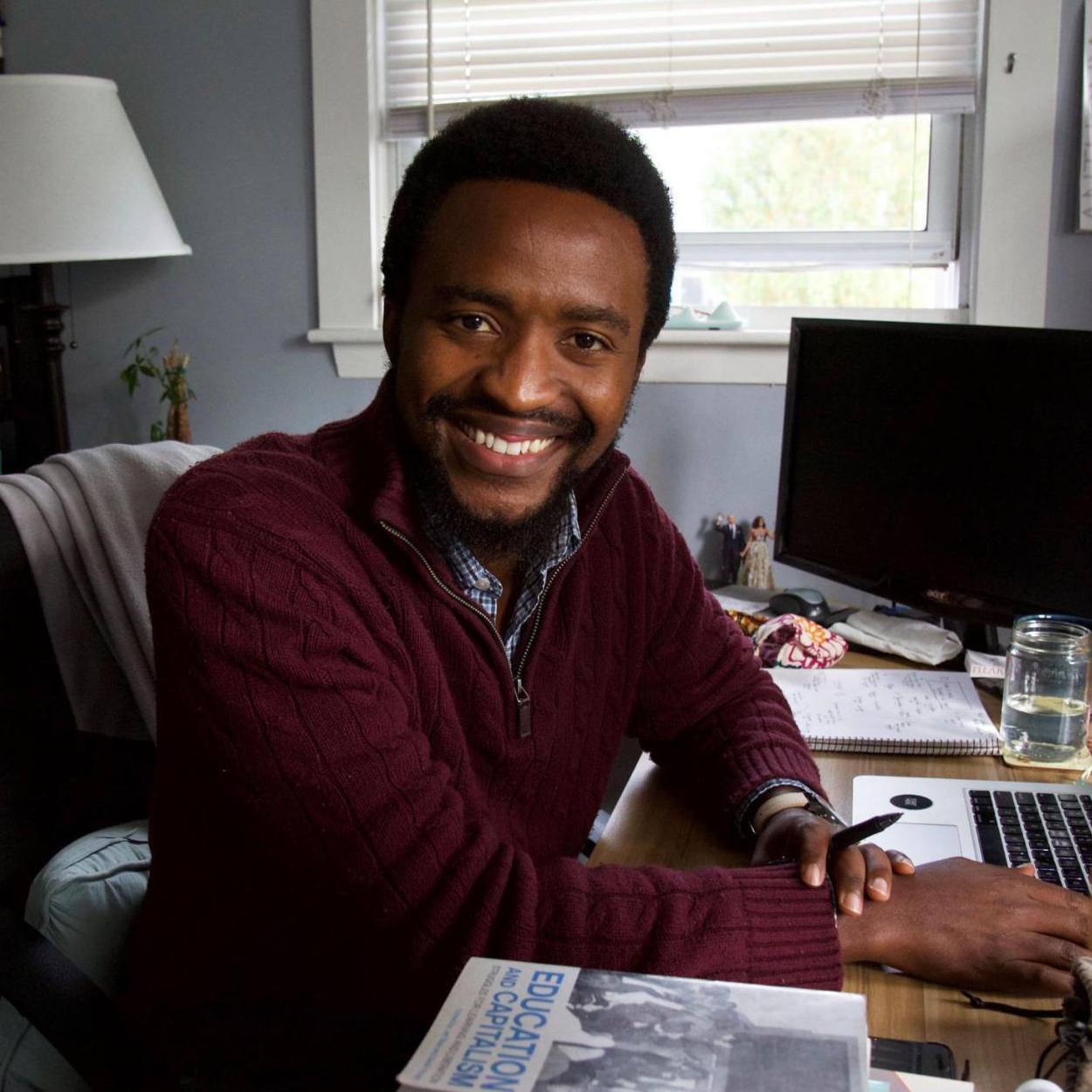Hosted by Infinite Culcleasure
The State of Literacy in Vermont: If Reading Is Fundamental, How Does It Work? – Emily Baker and Blanche Podhajski
Emily Baker is from “Vermont, Vermont.” She is a senior at Randolph Union High School, where she is a leader with the Racial Justice Union, on the volleyball team, and more importantly, a staunch advocate for her own educational needs. When asked if she could wave a magic wand how would public schools be different, she responded, “magic wand… more inclusivity, less pointing out of a student’s “disabilities”, challenges, struggles, destigmatizing the need for assistance, and support… more training for the teachers on how to teach children with different challenges, things that interest kids in learning, a happy positive environment that gets kids interested in reading and writing.” It is inspiring to partner with Emily and her predominantly white peers in their commitment to racial justice at their school whenever possible. I hope that the first annual Vermont School Against Racism Conference that they organized in 2019 becomes a trend throughout the State of Vermont.
Blanch Podhajski is the founder and president of the Stern Center for Language and Learning in Williston, Vermont, and a Clinical Associate Professor of neuroscience at the Larner College of Medicine at University of Vermont. She brings a lot of nuance to our conversation about literacy and comprehension When asked how remote learning might affect a student’s learning she points out that “it’s not so much the medium, it’s what’s being transmitted through the medium… we have come children who are excelling in live instruction with no learning problems, who didn’t do well in online instruction… if we’re teaching structured literacy, which is explicit, systematic teaching, we can see outcomes for both children in remote learning, and children in live learning.” Blanche expresses concern about children not doing well in decoding and language comprehension, which are fundamental skills required in reading well. “We have only one 1/3 of fourth graders at a proficient level, that is not a good thing, its an equity issue, not just for children who are considered marginalized, ot children with disabilities, our children in poverty and children of color, but for all children who have not had an opportunity to learn.”

Back to Freedom School – Ongoing conversations about education equity in the State of Vermont Moving On – with special host Brittany Lovejoy and...

Hosted by Brittany Lovejoy Back to Freedom School – Ongoing conversations about education equity in the State of Vermont Moving On – with special...

Thierry Mugabo Uwilingiyimana, Winooski’s first Black classroom teacher (who is no longer with the organization) shares his family’s journey from Rwanda, why are there...